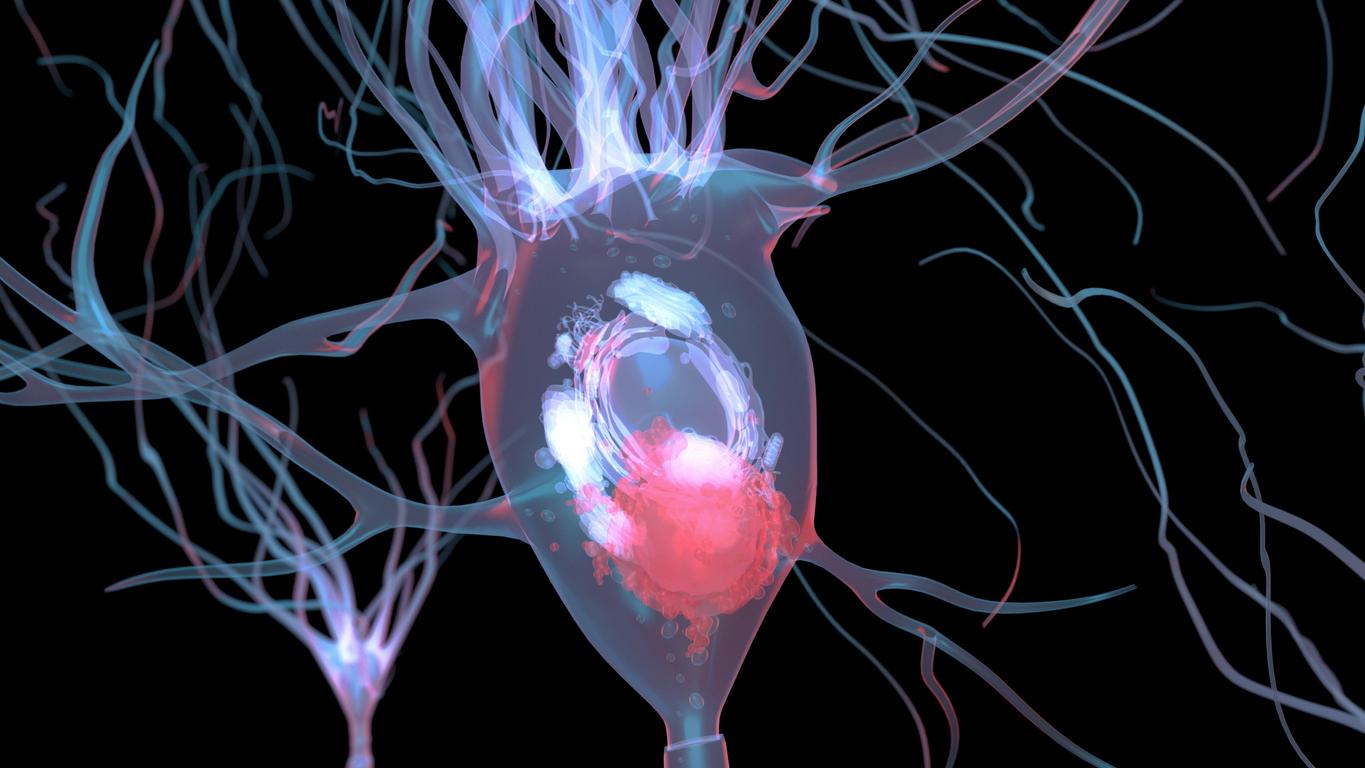Food is essential for health, including to prevent certain neurodegenerative diseases. According to a study, skipping breakfast may increase the risk of developing dementia.

- Eating a good breakfast in the morning does not necessarily make you fat, according to a study published in the journal Cell on September 9.
- Eating poorly in the morning could increase the risk of cardiovascular disease.
- 1.2 million people suffer from Alzheimer’s disease in France, according to health insurance.
Nearly 10 million new cases of dementia are reported each year worldwide, according to theNational Institute of Health and Medical Research (Inserm). This can be defined as a state of progressive and global intellectual impairment. All pathologies related to dementia are generally manifested by disorders of memory, language, recognition of objects and usual gestures, behavior and judgment as well as disorientation in space and time. The most common and known dementia-related disease is Alzheimer’s.
Diet and dementia
In a study published in the journal Life Metabolismresearchers have tried to understand the link between diet and the development of certain neurodegenerative pathologies linked to dementia.
For this, they studied the data of 3,342 participants living in China and who were aged 55 and over. In addition to the analysis of their diet, they also assessed their cognitive abilities through several tests.
Not eating well could promote dementia
The correlation between One-day energy intake and ten-year cognitive function were assessed using linear mixed models, that is, models that include fixed effects and random effects. The researchers adjusted certain data such as age, sex, place of residence, physical activity, household income, level of education, consumption of tobacco or alcohol, etc.
Thus, the results showed that long-term cognitive function scores were significantly lower in participants who had unbalanced energy intakes over the course of a day, and more particularly in those who did not eat breakfast.
Skipping breakfast: risk factor for cognitive decline
The researchers conclude that balanced food intake, that is to say eating at a fixed time in reasonable and similar quantities, would have positive effects on cognitive health. The most important risk factor for cognitive decline would be not eating in the morning.


















